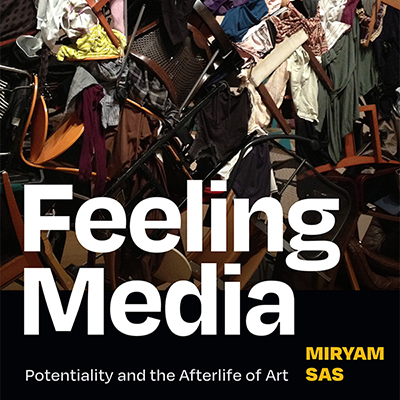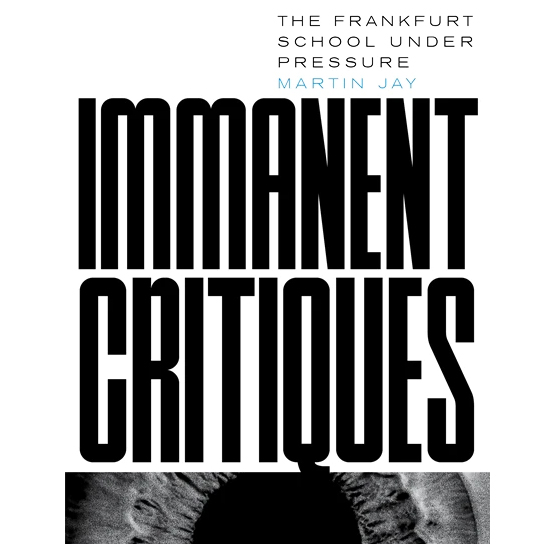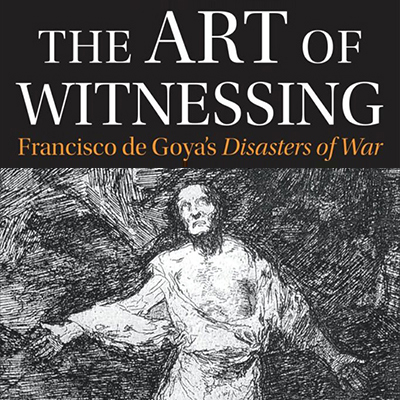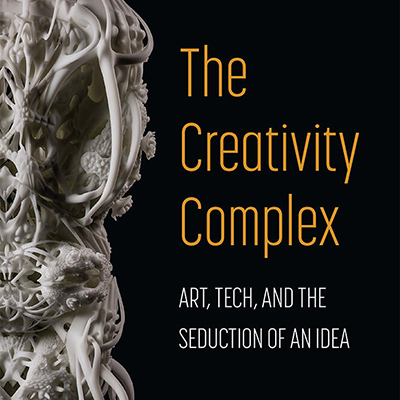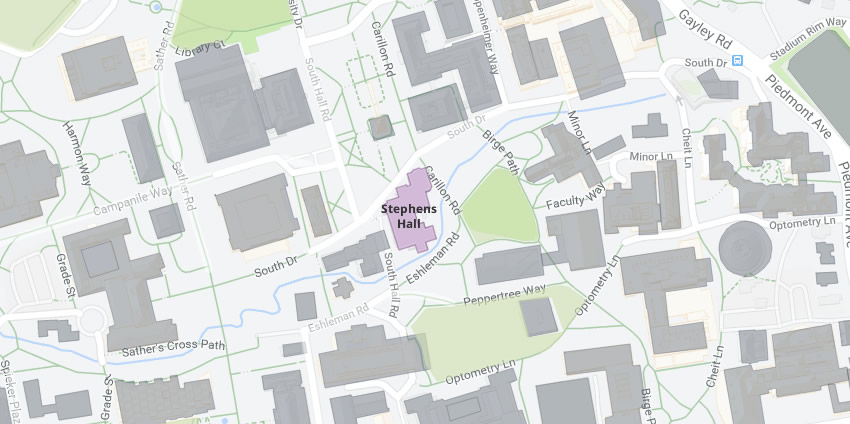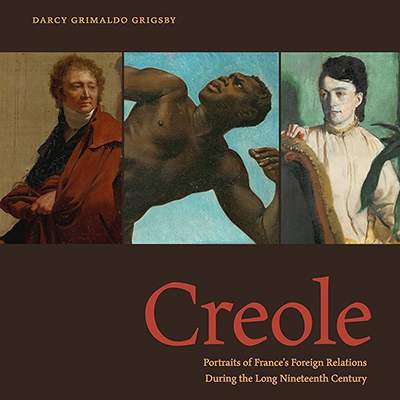
Creole: Portraits of France’s Foreign Relations During the Long Nineteenth Century
Through her study of portraiture, Darcy Grimaldo Grigsby (History of Art) addresses the unique and profound indeterminacy of the term “Creole," a label applied to white, black, and mixed-race persons born in French colonies during the nineteenth century. Based on extensive archival research, Creole (Penn State, 2022) is an original and important examination of colonial identity.
"Creole” implies that the geography of one’s birth determines identity in ways that supersede race, language, nation, and social status. The term has engendered a perpetual search for visual signs of racial difference as well as a pretense to blindness about the intermingling of races in Creole society. Grigsby reconstructs the search for visual signs of racial difference among people whose genealogies were often repressed. She explores French representations of Creole subjects and representations by Creole artists in France, the Caribbean, and the Americas. To do justice to the complexity of Creole identity, she interrogates the myriad ways in which people defined themselves in relation to others. With close attention to the differences between Afro-Creole and Euro-Creole cultures and persons, she examines figures such as Théodore Chassériau, Guillaume Guillon-Lethière, Alexandre Dumas père, Édouard Manet, Edgar Degas, the models Joseph and Laure, Josephine Bonaparte, Jeanne Duval, and Adah Isaacs Menken.
Grigsby is joined by Karl Britto (Comparative Literature and French). After a brief discussion, they respond to questions from the audience.
